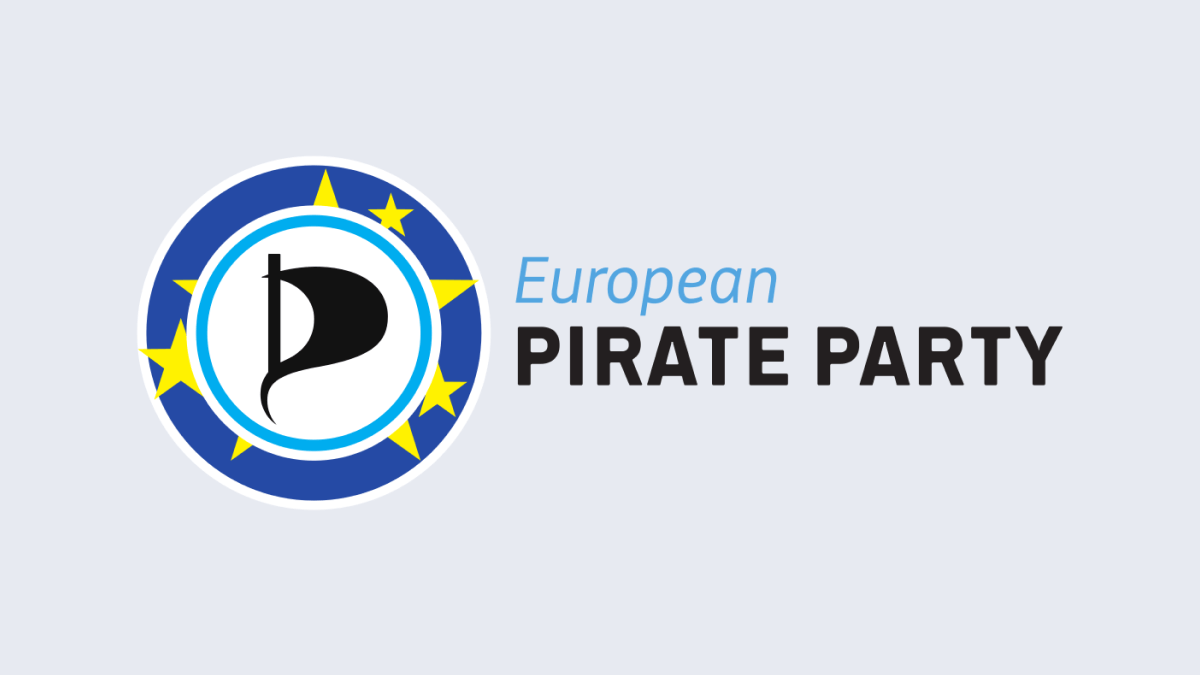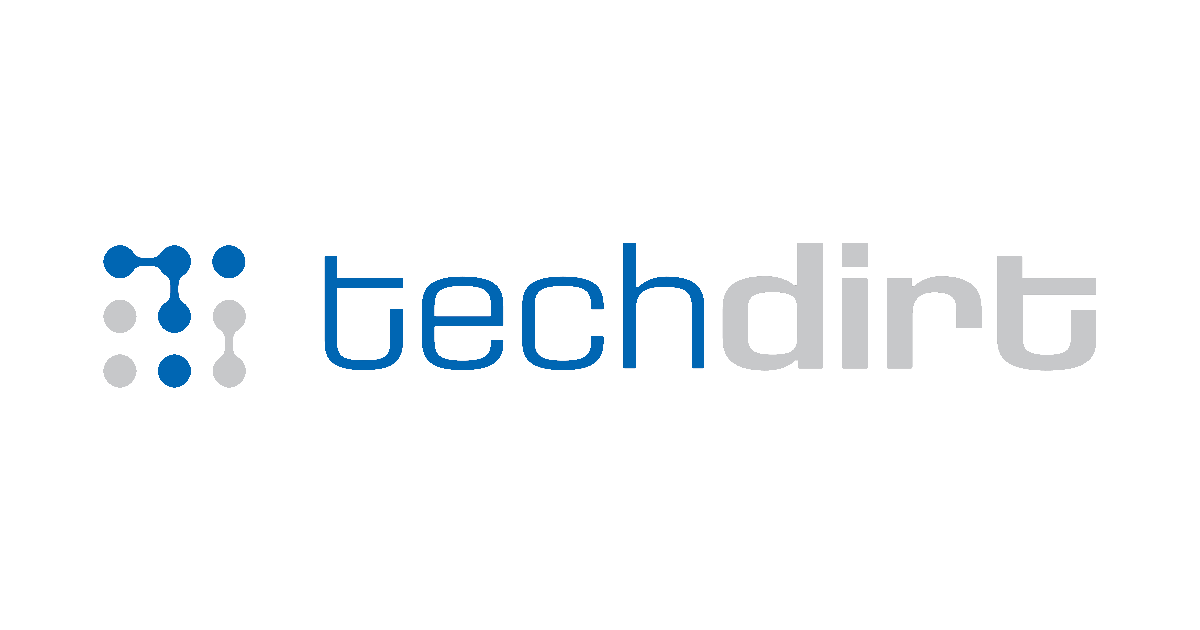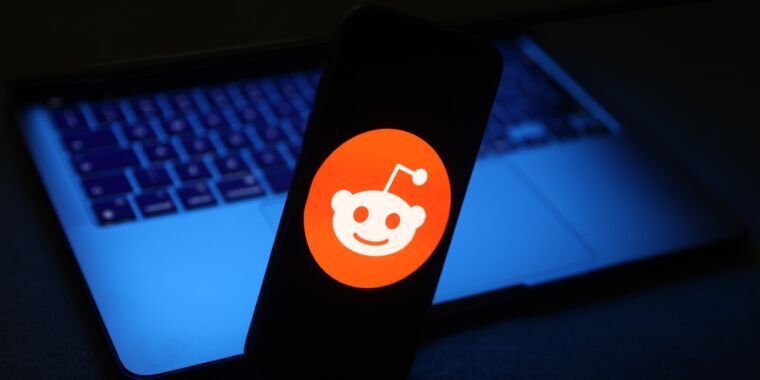

Just some sauce with removed domains: https://web.archive.org/web/20210201004307/https://cock.li/
Not sure if that’s what the commenter meant, but anyway, the questionable domains:
Domains (CW: rape, racism, misogyny)
nigge.rs hitler.rocks getbackinthe.kitchen rape.lol nuke.africa
Edited previous post by u/lukmly013 to hide domain names behind spoiler/CW.












As a rule of thumb I think CWs are a good idea if there is any content that is likely to upset someone and be reported. Exactly where the line should be is up for debate, but it seemed likely to me in this case.